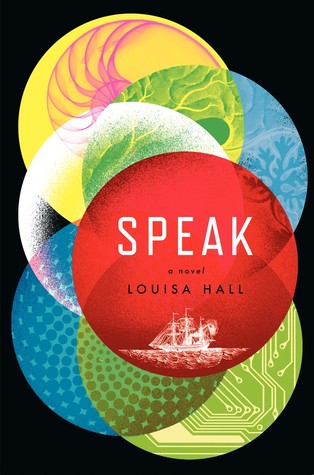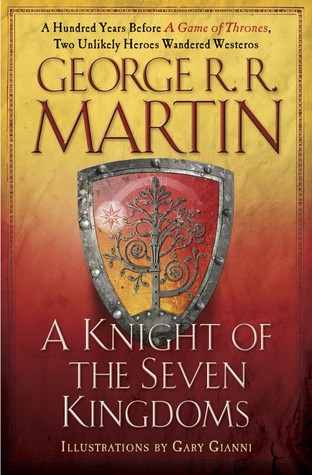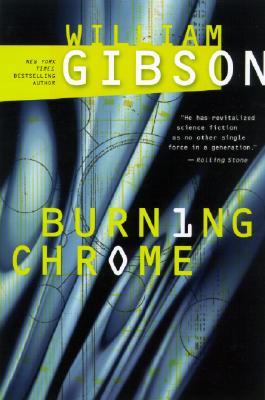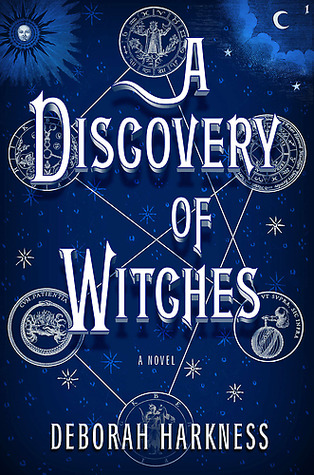A thoughtful, poignant novel that explores the creation of Artificial Intelligence — illuminating the very human need for communication, connection, and understanding.Star Rating: 5 stars
In a narrative that spans geography and time, from the Atlantic Ocean in the seventeenth century, to a correctional institute in Texas in the near future, and told from the perspectives of five very different characters, Speak considers what it means to be human, and what it means to be less than fully alive.
A young Puritan woman travels to the New World with her unwanted new husband. Alan Turing, the renowned mathematician and code breaker, writes letters to his best friend's mother. A Jewish refugee and professor of computer science struggles to reconnect with his increasingly detached wife. An isolated and traumatized young girl exchanges messages with an intelligent software program. A former Silicon Valley Wunderkind is imprisoned for creating illegal lifelike dolls.
Each of these characters is attempting to communicate across gaps — to estranged spouses, lost friends, future readers, or a computer program that may or may not understand them. In dazzling and electrifying prose, Louisa Hall explores how the chasm between computer and human — shrinking rapidly with today's technological advances — echoes the gaps that exist between ordinary people. Though each speaks from a distinct place and moment in time, all five characters share the need to express themselves while simultaneously wondering if they will ever be heard, or understood.
I received this book through NetGalley in exchange for an honest review.
First off, I really liked the front cover of this book. Simple but elegant. I guess it's what drew me to the book as I hadn't heard of it nor the author prior to that.
If I had to compare this book to other stories, I'd have to say it's I, Robot meets Artificial Intelligence (A.I), meets Transcendence. Others have compared it to Cloud Atlas in format. I cannot comment on that unfortunately as I had to abandon Cloud Atlas pretty early on. It is a story of love, loss, the importance of relationships and communication, and what it means to be human.
This book is told through five different voices which span centuries and continents. These five voices however are told through one person, Eva, a robot who is being taken on mass with others like her for destruction. This is how the books starts off. We're plunged in to a world where we know robots are being persecuted but we're not sure why. The story unfolds as each of Eva's voices shares their story. The five voices are all very different people yet they are all interconnected in some way and they tell their tale in a variety of formats – memoirs, letters, and online chat dialogues.
I was going to list the voices in the order in which they appear (and which they are numbered in the book) but instead I'm going to to start with the one furthest back in time where it all starts off.
Mary Bradford, is a young Puritan woman who leaves for the New World with her parents, new husband and her dog in 1663. They most likely were among the first of the colonists. Mary's diary I found difficult to read. She has written it in the style of an early adventurist (she does mention his name but I can't recall it). I've not read any of his work (if he's in fact real) so I cannot comment on the likeness of it but I found it very stilted. I also thought that the language perhaps wasn't very 15th century. It felt quite modern but that may be because Mary's journal that we are presented with as readers has been edited by Ruth Dettman. We'll come to the Dettmans later.
Next we have Alan Turing who is corresponding with the parents of his best friend Chris. He tells of their work in the field of computing and how the mind works and of his time at Bletchley. It was his aim to put the mind of his deceased friend in to that of a computer.
Then we have the Dettmans. Ruth and her husband Karl, individually fled Nazi Germany during the Second World War and went to the US where they met and got married. Now in the midst of the Vietnam War, their marriage is on the rocks because Ruth spends all her time talking to the speaking computer, named MARY, that Karl designed.
We then have Stephen R Chinn, in 2040, who is writing from inside the Texas State Correctional Institution. We know he's been detained because he created the robots which are being herded up for destruction. He talks of his past and how his ideas developed. At first I found a real affinity with the character but that changed as the story progressed.
And lastly we have Gaby White who converses with MARY3, the third generation of the original MARY which Karl Dettman created. MARY3 is a lot more sophisticated and has a personality. We find out about the ordeals which Gaby and her young friends have gone through as their babybots have been snatched away from them leaving them bereft and inconsolable.
Then full circle, we have Eva, who is one of the babybots who was taken away from their owner.
This book is well written and I enjoyed each of the different voices and the part they played in telling the story. The author has created some well thought out characters and employed some interesting plot devices.
I have a background in computer science and cybernetics in addition to psychology so this book really appealed to me and I found it very interesting. I think anyone who uses computers and are interested in how technology develops would enjoy this book. This book is science fiction but done in a literary way. I guess I would compare it to the likes of Station Eleven which centres on the characters and their interactions with each other more than the external events. I enjoyed the character focus immensely but I was left with many questions about the world generally and what happened for robots to go from being loved and wanted by all to being removed from their owners and destroyed.
Would I read more from this author? Possibly. I guess I enjoyed the combination of her writing style and the subject of the story.
The book is a quick read and I enjoyed it very much.



